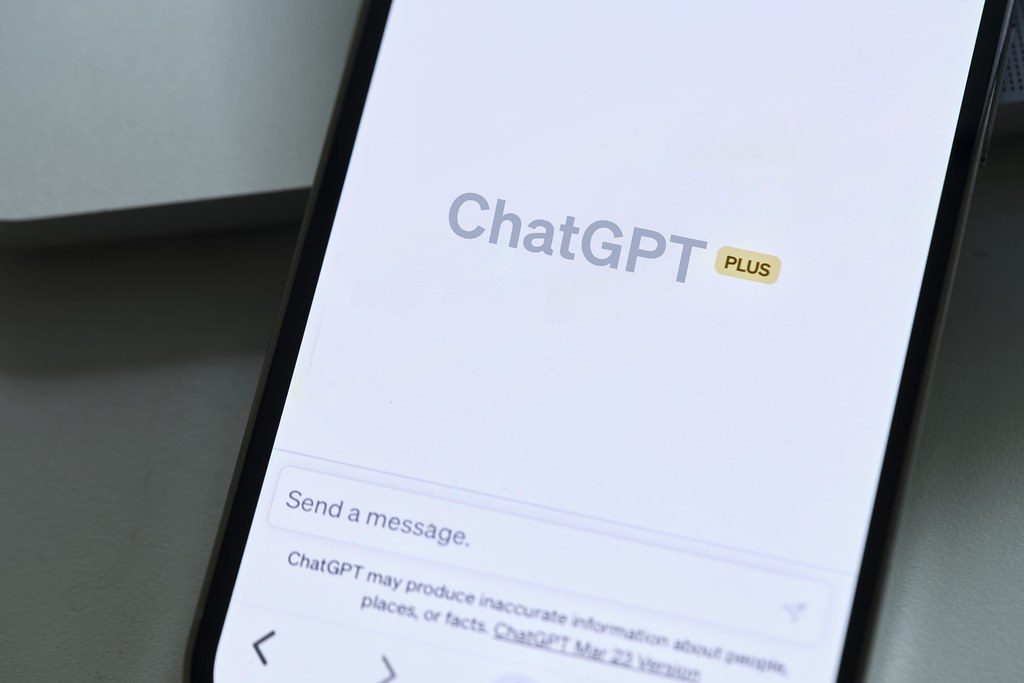
OpenAI’s ChatGPT is introducing new capabilities aimed at business users, including integrations with popular cloud storage services, meeting recording and transcription, and support for deep research connections via MCP.
Cloud Service Connectors Boost Research and Productivity
The update adds connectors for Dropbox, Box, SharePoint, OneDrive, and Google Drive, enabling ChatGPT to access and search users’ files across these platforms. This means professionals, such as analysts, can pull from their company’s documents to create reports or investment theses while respecting organizational access controls.
In line with common productivity tools, ChatGPT now supports recording and transcribing meetings, generating notes with time-stamped citations and suggested action items. Users can query these notes like any other document and convert action points into a Canvas document—OpenAI’s platform for collaborative writing and coding projects. This feature competes with similar offerings from ClickUp, Zoom, and Notion.
Deep Research Connectors and MCP Support
OpenAI is also launching deep research connectors in beta for HubSpot, Linear, and select Microsoft and Google tools. These allow users to compile comprehensive research reports by combining internal data with web information. The Model Context Protocol (MCP) will enable Pro, Team, and Enterprise users to connect to additional tools for advanced research purposes.
With three million enterprise subscribers—up from two million in February—OpenAI is clearly pushing ChatGPT further into the enterprise space. While competitors like Notion and Context seek to build AI-powered office tools, OpenAI’s early lead and broad feature set position it well for continued growth in business applications.
What The Author Thinks
OpenAI’s expansion of ChatGPT’s business features is a calculated move to embed itself deeper into enterprise workflows. The integration of popular cloud services and meeting tools makes it a more versatile and indispensable tool for knowledge workers. However, competition is fierce, with startups and established platforms rapidly enhancing their AI capabilities. OpenAI’s success will depend on continuously refining usability and maintaining trust with enterprise customers.
Featured image credit: Daniel Foster via Flickr
For more stories like it, click the +Follow button at the top of this page to follow us.
